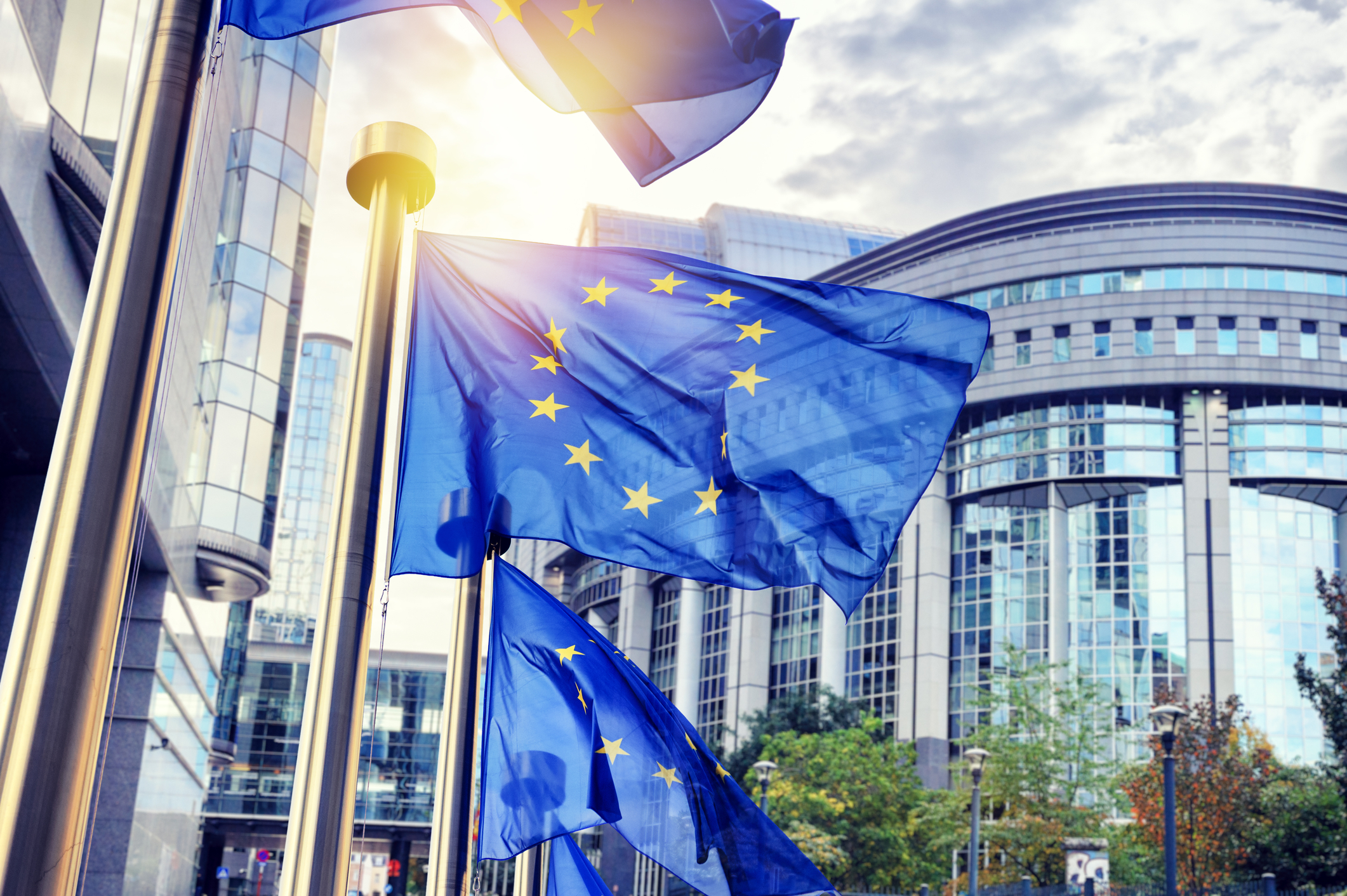Slovakia aims to reach a deal with the European Commission and EU partners with guarantees that it will not suffer from the planned halt in Russian gas imports.
Slovakia combined the approval of the 18th sanctions package against Russia and the European Commission’s proposal to stop Russian gas supplies into one negotiating package.
“This decision of the European Commission has no impact on gas consumption in Europe. No country is as affected by the halt of gas flows as Slovakia,” the Slovak prime minister Robert Fico said on Saturday’s press conference.
The country has blocked the sanctions package over concerns that a European Commission proposal to end Russian gas imports by the end of 2027 could damage the country’s economic interests. Slovakia gets the majority of its gas from Russia.
“Stopping the flow of gas from Russia is a nonsensical decision,” Robert Fico said in the press conference. He warned that such a move would drive up gas prices and hurt Slovakia’s competitiveness.
According to Robert Fico, it is currently unclear whether an agreement will be reached, as some issues remain unresolved.
The sanctions that the European Commission plans to adopt do not affect the interests of Slovakia. “If there are any sanctions that would threaten Slovakia and our economic and national interests, we will not vote for such sanctions,” added the prime minister, reiterating that the 18th sanctions package does not affect the country’s interests.
He noted that he had spoken to the leaders of Germany and Poland in recent days, but did not provide any details.
The government wants to obtain such guarantees that will eliminate “the harmful decision of the European Commission to a certain extent.”
Speaking recently to the participants of the European Council session, Ukrainian president Volodymyr Zelenskyy called on the European Union to impose tougher sanctions against Russia and expand sanctions not just against the Russian tankers, but also their captains, and the terminals that Russia uses to ship its oil.
He also stressed the need to lower the price cap on Russian oil: “A cap of $45 could help move toward peace, of course. But for real, lasting peace – and we shared it yesterday with all the partners: European partners, U.S. partners – a cap of $30 per barrel is needed to block Russia’s ability to fund its aggression.”
Various media outlets reported yesterday that the European Union was close to reach an agreement on the 18th sanctions package against Russia for its full-scale invasion of Ukraine, which might include lowering the Russian oil price cap.
The European Commission has put forward a legislative proposal to gradually and effectively stop the import of Russian gas and oil into the EU by the end of 2027.
The proposed regulation provides a stepwise phase-out of pipeline gas and liquefied natural gas (LNG) originating in or exported directly or indirectly from the Russian Federation. It also presents measures to facilitate the complete stop of Russian oil imports by the end of 2027.
Under the envisaged gradual import ban, Russian gas imports under new contracts will be prohibited as of 1 January 2026.
Imports under existing short-term contracts will be stopped by 17 June 2026, except those for pipeline gas delivered to land-locked countries and linked to long-term contracts which will be allowed until the end of 2027. Imports under long-term contracts will be stopped by the end of 2027.
Long-term contracts for LNG terminal services for customers from Russia or controlled by Russian undertakings will also be prohibited.
The EC detailed that the proposal includes steps for phasing out pipeline gas and liquefied natural gas (LNG), as well as measures to facilitate the complete stop of Russian oil imports by the end of 2027.



